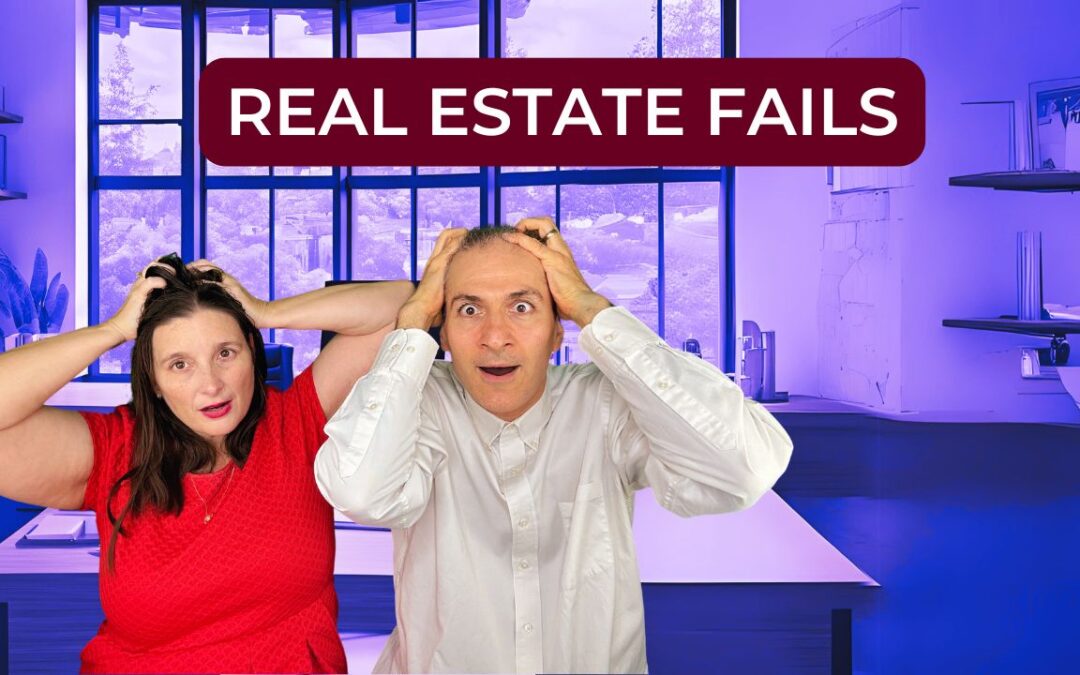With 44% of all homebuyers beginning their search online, it’s essential to be where your audience is—on platforms like Zillow and Realtor.com, even when they’re not ready to buy. To ensure that potential clients find and connect with you when they are serious, you need to establish a strong and consistent content marketing strategy.
Why Content Marketing Matters in Real Estate
Content marketing involves creating and distributing valuable, relevant, and consistent information to attract and engage your target audience. For real estate agents, this audience could include homebuyers, sellers, investors, or those flipping homes. The goal is to drive profitable customer actions by positioning yourself as an expert in your niche, whether that’s luxury homes, commercial properties, or relocations.
Key Components of a Real Estate Content Strategy
-
Identifying Your Target Audience: Understanding who you’re trying to reach is the first step. Are you targeting luxury buyers, veterans, or first-time homebuyers? Knowing your niche helps you tailor your content and communication style to resonate with the right people.
-
Defining Your Brand Voice: Whether you’re authoritative, friendly, or informative, your brand voice should be consistent across all platforms. This tone will help distinguish you from the competition and build trust with your audience.
-
Content Pillars: These are the key themes around which you build your content. For real estate agents, content pillars might include:
- Market Trends: Regular updates on housing markets.
- Home Improvement Tips: DIY and renovation advice.
- Neighborhood Guides: Virtual tours and community insights.
- Financial Advice: Mortgage tips, loan types, and connections to lenders.
Creating a Diverse Content Mix
Content marketing isn’t a one-size-fits-all strategy. A mix of different types of content is key to reaching a broader audience:
-
Blogging: Blogging is a traditional yet powerful way to boost SEO and showcase your expertise. Regularly updated blog posts on topics like “Homebuyer Tips” or “Real Estate Market Trends” can help drive organic traffic to your site.
-
Videos: Real estate listings with videos receive 43% more inquiries than those without. You can create video tours, client testimonials, or educational content like “How to Buy a Home” to engage viewers.
-
Infographics: Visually appealing infographics can break down complex information, such as the home-buying process or neighborhood statistics, in an easy-to-digest format.
-
eBooks and Guides: Comprehensive guides serve as valuable lead magnets. Whether it’s a “First-Time Homebuyer Guide” or “How to Sell Your Home Fast,” these resources build trust and position you as an authority.
-
Social Media: Posting regularly on platforms like Instagram, Facebook, and YouTube ensures you’re staying top-of-mind. Share property tours, community events, and behind-the-scenes looks to create a personal connection with your audience.
Optimizing and Promoting Content
SEO optimization is critical to ensuring your content is discoverable. Use relevant keywords, optimize your titles, descriptions, and tags, and make sure your content is promoted across platforms. If a piece isn’t performing well, re-optimize it to reach a broader audience.
Email marketing is another great way to share your latest blogs, videos, and market updates. It helps keep you top-of-mind with potential clients.
Paid Advertising
For faster results, paid advertising on platforms like Facebook allows you to target specific audiences and expand your reach. A well-targeted ad can quickly put you in front of the right people at the right time.
Measure and Refine Your Strategy
Keep track of your content’s performance using key performance indicators (KPIs) such as website traffic, lead generation, engagement rates, and time spent on your site. If something is working, stick with it. If not, tweak your strategy to align with what resonates with your audience.
Final Thoughts
Content marketing is no longer optional for real estate agents. It’s a powerful tool that, when used correctly, can position you as a go-to expert in your niche. From blogs and videos to social media and paid ads, every piece of content you create should serve a purpose—whether it’s educating your audience or driving them to take action.
At the end of the day, content marketing is like using a hammer to hang a picture—consistent effort leads to results. Keep creating, optimizing, and refining your content strategy, and you’ll see your real estate business flourish.
